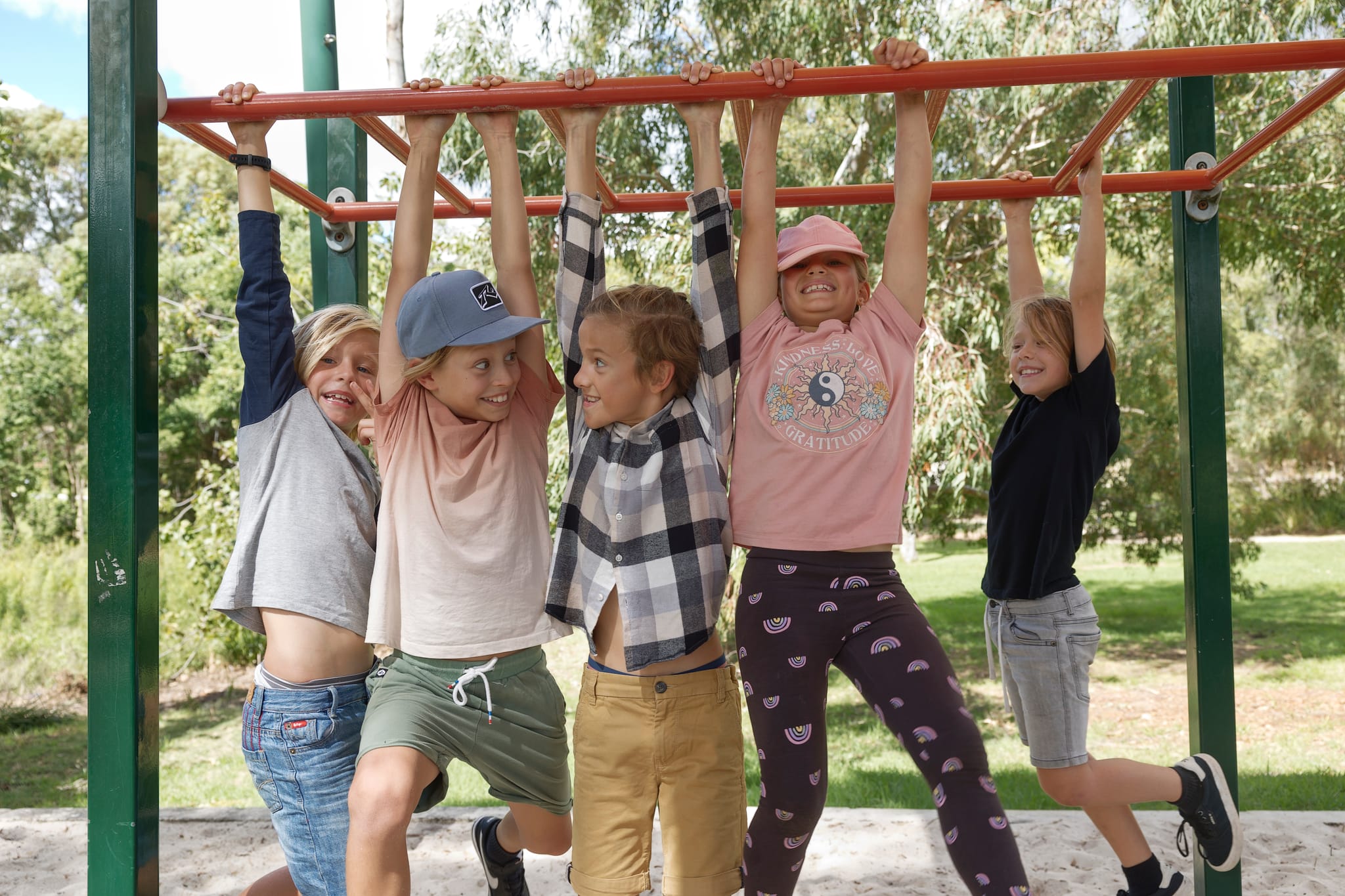Search
Research
The health-related quality of life of lung cancer patients with EGFR-The Kids-related skin adverse drug reactions and its relationship with coping style and self-managementThe status and associated factors of the health-related quality of life of non-small-cell lung cancer patients under targeted anti-cancer therapy have not been investigated. Self-management and coping style have been proven to be closely related to patients’ health-related quality of life.
Research
ErbB4 in the brain: Focus on high grade gliomaThe epidermal growth factor receptor (EGFR) family of receptor tyrosine kinases (RTKs) consists of EGFR, ErbB2, ErbB3, and ErbB4. These receptors play key roles in cell proliferation, angiogenesis, cell migration, and in some cases, tumor promotion.
Research
Minimal residual disease and outcome characteristics in infant KMT2A-germline acute lymphoblastic leukaemia treated on the Interfant-06 protocolThe outcome of infants with KMT2A-germline acute lymphoblastic leukaemia (ALL) is superior to that of infants with KMT2A-rearranged ALL but has been inferior to non-infant ALL patients. Here, we describe the outcome and prognostic factors for 167 infants with KMT2A-germline ALL enrolled in the Interfant-06 study.
Research
Invasive fungal disease in children with acute myeloid leukaemia: An Australian multicentre 10-year reviewInvasive fungal disease (IFD) is a common and important complication in children with acute myeloid leukaemia (AML). We describe the epidemiology of IFD in a large multicentre cohort of children with AML.
Research
A tipping point in cancer-immune dynamics leads to divergent immunotherapy responses and hampers biomarker discoveryPredicting treatment response or survival of cancer patients remains challenging in immuno-oncology. Efforts to overcome these challenges focus, among others, on the discovery of new biomarkers. Despite advances in cellular and molecular approaches, only a limited number of candidate biomarkers eventually enter clinical practice.
Research
Outcomes for Australian children with relapsed/refractory acute lymphoblastic leukaemia treated with blinatumomabWe report on the Australian experience of blinatumomab for treatment of 24 children with relapsed/refractory precursor B-cell acute lymphoblastic leukaemia (B-ALL) and high-risk genetics, resulting in a minimal residual disease (MRD) response rate of 58%, 2-year progression-free survival (PFS) of 39% and 2-year overall survival of 63%. In total, 83% (n = 20/24) proceeded to haematopoietic stem cell transplant, directly after blinatumomab (n = 12) or following additional salvage therapy (n = 8).
Research
RUNX2 regulates leukemic cell metabolism and chemotaxis in high-risk T cell acute lymphoblastic leukemiaT cell acute lymphoblastic leukemia (T-ALL) is an aggressive hematologic malignancy with inferior outcome compared with that of B cell ALL. Here, we show that Runt-related transcription factor 2 (RUNX2) was upregulated in high-risk T-ALL with KMT2A rearrangements (KMT2A-R) or an immature immunophenotype. In KMT2A-R cells, we identified RUNX2 as a direct target of the KMT2A chimeras, where it reciprocally bound the KMT2A promoter, establishing a regulatory feed-forward mechanism.
Research
Characteristics of TCR Repertoire Associated With Successful Immune Checkpoint Therapy ResponsesImmunotherapies have revolutionized cancer treatment. In particular, immune checkpoint therapy (ICT) leads to durable responses in some patients with some cancers. However, the majority of treated patients do not respond. Understanding immune mechanisms that underlie responsiveness to ICT will help identify predictive biomarkers of response and develop treatments to convert non-responding patients to responding ones. ICT primarily acts at the level of adaptive immunity. The specificity of adaptive immune cells, such as T and B cells, is determined by antigen-specific receptors.
Research
Durvalumab with first-line chemotherapy in previously untreated malignant pleural mesothelioma (DREAM): a multicentre, single-arm, phase 2 trial with a safety run-inThere is a strong unmet need to improve systemic therapy in mesothelioma. Chemotherapy with cisplatin and pemetrexed improves survival in malignant pleural mesothelioma, and immune checkpoint inhibitors are an emerging treatment in this disease. We aimed to evaluate the activity of durvalumab, an anti-PD-L1 antibody, given during and after first-line chemotherapy with cisplatin and pemetrexed in patients with advanced malignant pleural mesothelioma.

News & Events
Funding boost for childhood cancer research projectsProjects to improve outcomes for leukaemia patients and reduce skin cancer rates in young Aboriginal people have received funding through Cancer Council WA.
